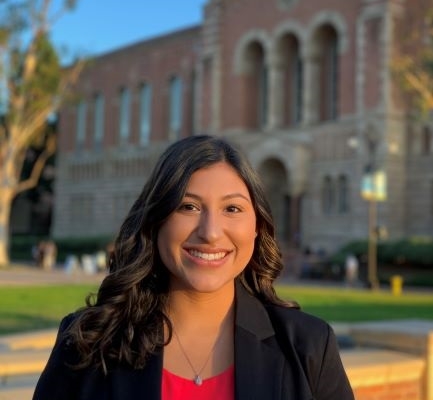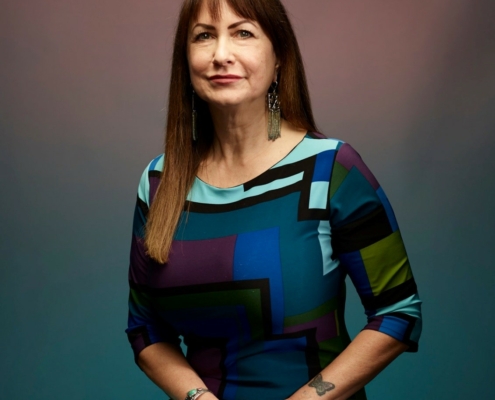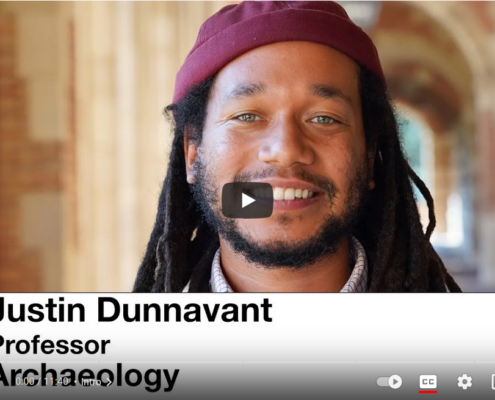
UCLA LPPI Student Fellows Have a Direct Stake in Latino Policy Research
By Alise Brillault, Communications Manager, UCLA Latino Policy…

Dr. Shannon Speed Receives President’s Award from American Anthropological Association
Dr. Shannon Speed, citizen of the Chickasaw Nation of Oklahoma…

LPPI Presents “In Conversation: An Interview With Weingart Foundation CEO Miguel Santana”
By Alise Brillault, Latino Policy & Politics Initiative Communications…

Helping Communities Discover their Truths with Archaeologist Dr. Justin Dunnavant (VIDEO)
LA Social Science interviewed Dr. Justin Dunnavant, Assistant…

